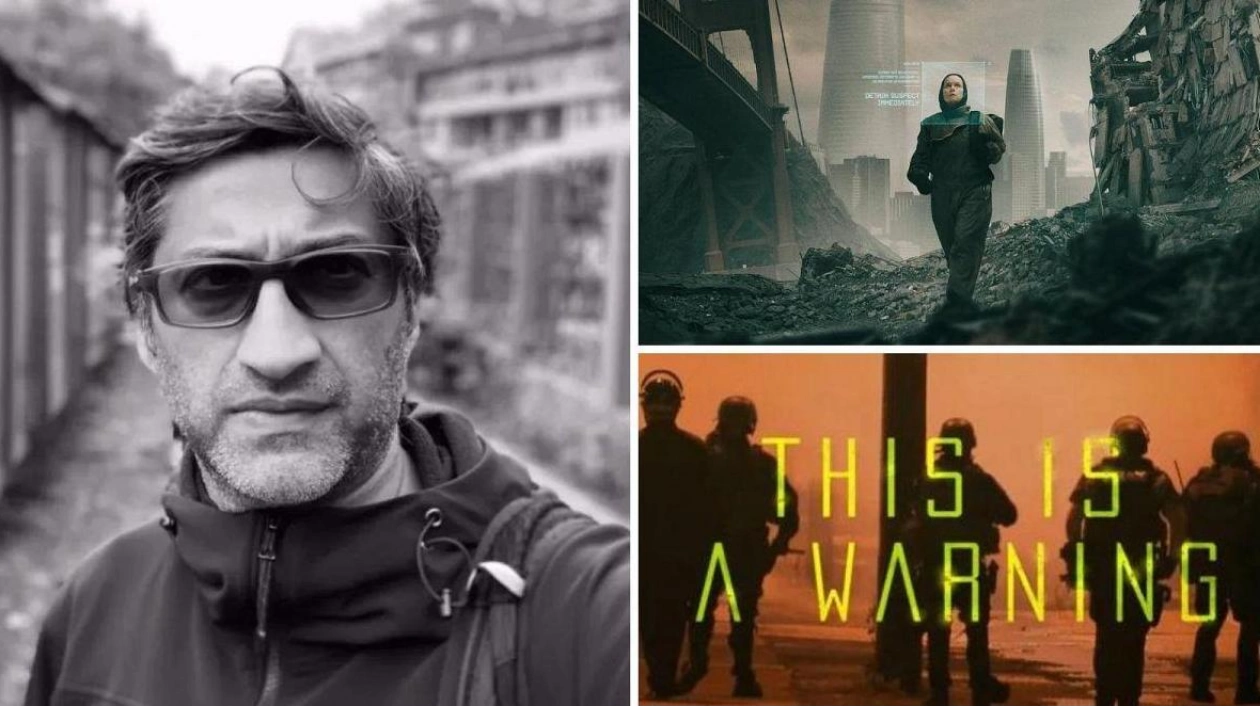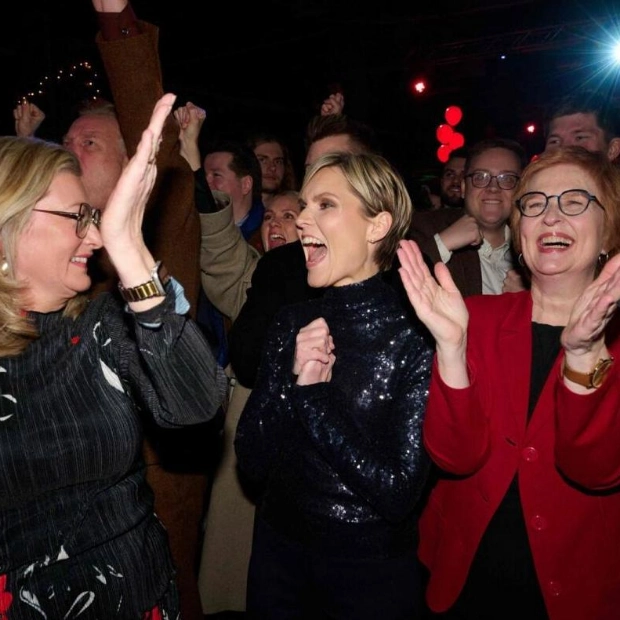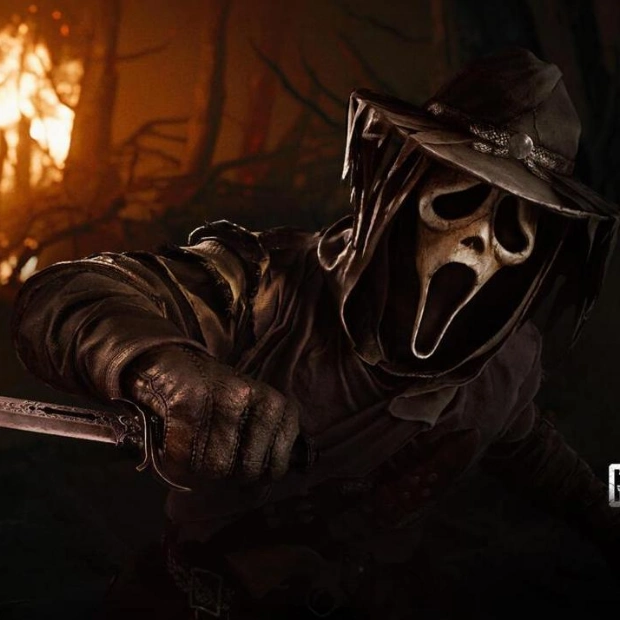After its debut at the Venice Film Festival, 2073 is set to compete at the 57th Sitges Film Festival and will screen at the BFI London Film Festival this month. This film is neither a documentary nor a science fiction piece; it is a stark warning. Inspired by Chris Marker's 1962 short film La Jetée and echoing themes from Children of Men and Judge Dredd, British Oscar-winning director Asif Kapadia delivers a chilling commentary on the current state of the world and the potential future if we continue to ignore the signs.
2073 is a genre-defying blend of documentary and fiction, structured around a narrative set in a totalitarian future. Samantha Morton's character, living underground with other survivors since 'The Event' of 2034, sends a time capsule to the present, containing clips of political and business leaders like Donald Trump, Vladimir Putin, and Elon Musk. Kapadia skillfully weaves real-life footage to create a cause-and-effect narrative, warning us of the consequences if we fail to recognize the daily signs.
Kapadia began working on 2073 during the 2020 lockdown, driven by the global turmoil and the rise of figures like Trump. He conducted interviews with over 70 journalists worldwide, aiming to understand if the world was indeed heading towards a dystopian future. The film's intense editing process involved two editors, Chris King and Sylvie Landra, to handle the vast amount of material and create a cohesive narrative.
Samantha Morton joined the project, embracing her role as the central character despite the film's unconventional structure. The emotional toll of making the film was significant, as Kapadia and his team delved into humanity's darkest moments. The film's release aims to spark conversations and collective action, emphasizing the importance of recognizing and addressing the issues highlighted.






